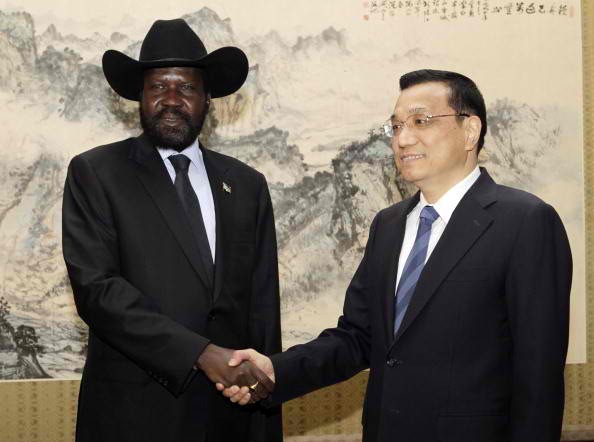South Sudan has been ridden by widespread famine, with government instability through an ongoing civil war paving way for foreign intervention as the only realistic solution. With the U.S. becoming increasingly recalcitrant to international commitments, China emerges as the new leader that can help solve the crisis.
Civil war in South Sudan continues to wreak havoc among its citizens since it started in 2013, and the U.N. continues to struggle with efforts to hold President Salva Kiir accountable for driving several South Sudanese toward a man-made famine, Bloomberg reported.
The South Sudanese government's general mismanagement of national affairs continues to drag the entire country into chaos, with at least 40 percent of its citizens continuing to starve due to corruption. In addition to that, around 1.5 million people have opted to flee, further reducing the country's economy.
As the famine in South Sudan continues, the increasing leniency of the U.S. toward retraction from international affairs comes as a blow to any foreseeable progress. However, in place of that comes China, which is relentlessly expanding its global profile alongside its rapidly growing economy.
China's increasing international importance is highlighted mainly by the current reluctance of the U.S. to continue its altruistic global commitments, as it heads toward a more protectionist stance prompted by President Donald Trump's "America First" policy.
Thus, under U.S. leadership, the famine in South Sudan could only remain as an unresolved problem for many more years. China, with its 40 percent stake in South Sudanese oil, is in a prime place to lead efforts to end starvation in the poverty-stricken sub-Saharan country.
With China fast becoming a prominent figure in Africa in recent years, South Sudan emerges as a fitting place where the Chinese government can best flex its national muscles to facilitate peacekeeping efforts aimed ultimately at taking the country out of its terrible predicament.



























